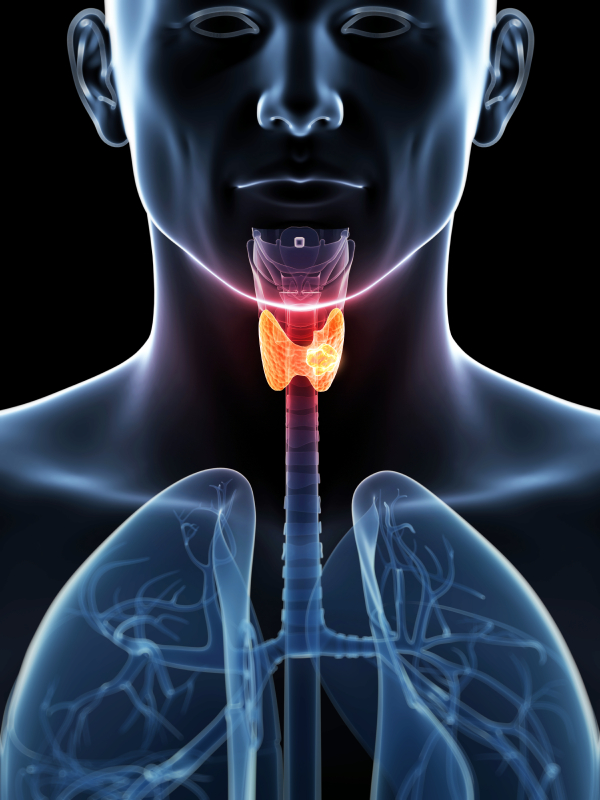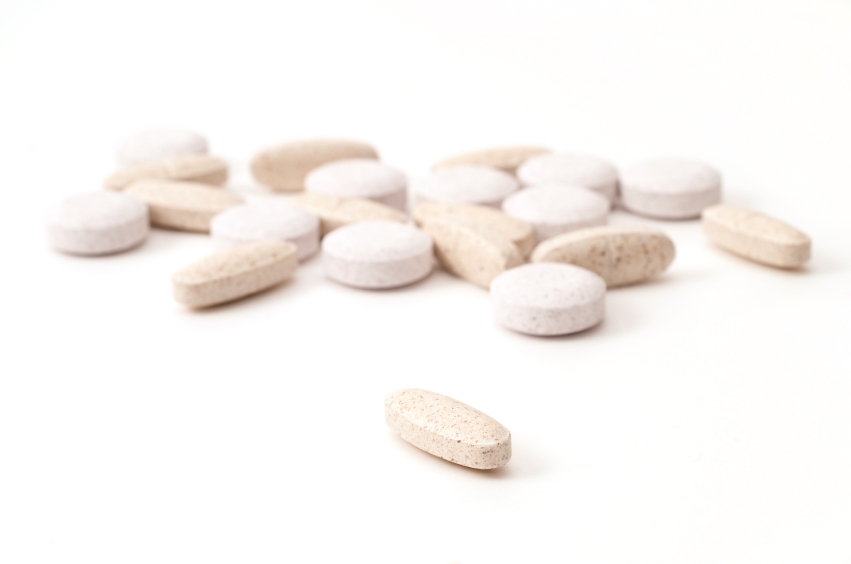Posted By:
Steve Parcell
Category:
General
By Steve Parcell, ND I had to write about this today as I heard about the crisis in Flint, MI again in the news. As a certified expert in chelation I think I know something about lead.The media is not talking about how to mitigate the lead levels IN PEOPLE only the water. This needs to be discussed. A book could be written about the deleterious effects of lead on humans but lets just put it this way...its bad. Lead is a very toxic heavy metal that can diminish IQ in children. The WHO has stated that there is "no safe level of lead." If I had a patient that may have been exposed I would check a blood lead level. If any lead is detected at all DMSA at 10 mg per KG twice a day needs to be started along with other chelators that help pull it out without the lead being reabsorbed. This must be medically supervised. For more information on how to cheaply get the lead out give us a call.






